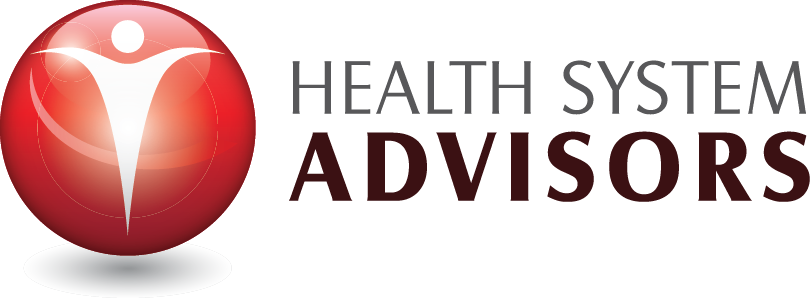Indirect Medical Education
Under the prospective payment system, hospitals that have residents in an approved graduate medical education (GME) program receive an additional payment for a Medicare discharge to reflect the higher patient care costs of teaching hospitals relative to non-teaching hospitals. The additional payment is based on the indirect medical education (IME) adjustment factor. The IME adjustment factor is calculated using a hospital's ratio of residents to beds and a multiplier that is set by Congress. Thus, the amount of IME payment that a hospital receives is dependent upon the number of residents the hospital trains and the current level of the IME multiplier.
HSA can assist clients in identifying the number of residents trained at the hospital, both for GME and IME purposes by completing the compiling the resident data and entering the data into the IRIS software as required by CMS. The IRIS software creates reports that help hospitals correctly identify the residents trained in the hospital by FTE (weighted and unweighted), specialties, and year of program study. The data is also used to complete the GME and IME worksheets in the Medicare and Medicaid cost reports.
HSA can also assist clients with the identification and documentation of available beds. The number of available beds utilized in the resident to bed ratio can significantly change the reimbursement that a hospital is expected to receive for training residents.
Medicare Bad Debt
Medicare Bad Debt is deductibles and coinsurance amounts uncollectible from Medicare beneficiaries after reasonable collection efforts. Medicare currently reimburses providers 65 percent of the Medicare bad debt claimed in the Medicare cost report.
HSA is able to assist providers in preparing a Medicare bad debt log that is submitted to CMS during the preparation of the Medicare cost report or as an amended filing that meets the CMS requirements. HSA is also able to assist providers during the audit of the Medicare bad debt log to determine if the the audit selection is statistically accurate, review any proposed adjustments to the bad debt log and work on the provider’s behalf to resolve any issues that arise during the audit.
Disproportionate Share (DSH)
The primary method for qualifying for the Medicare DSH adjustment pertains to hospitals that serve a significantly disproportionate number of low-income patients and is based on the disproportionate patient percentage (DPP). If a hospital's DPP equals or exceeds a specified threshold amount, the hospital qualifies for the Medicare DSH adjustment. The Medicare DSH adjustment is determined by using a complex formula
HSA is able to assist clients in determining the number of eligible Medicaid days to be utilized in the DSH calculation by verifying the Medicaid eligibility for all patients. The eligible days will then be compared to the paid days claimed on the state patient logs to capture the additional eligible days not previously claimed. HSA is also able to assist the Hospital in identifying the patients that have received a payment for Medicare so that these dual eligible days are not erroneously included in the eligible days claimed for DSH.
Outlier Reconciliation
Section 1886(d)(5)(A) of the Act provides for Medicare payments to Medicare-participating hospitals in addition to the basic prospective payments for cases incurring extraordinarily high costs. To qualify for outlier payments, a case must have costs above a fixed-loss cost threshold amount (a dollar amount by which the costs of a case must exceed payments inorder to qualify for outliers). Hospital-specific cost-to-charge ratios are applied to the covered charges for a case to determine whether the costs of the case exceed the fixed-loss outlier threshold. Payments for eligible cases are then made based on a marginal cost factor, which is a percentage of the costs above the threshold.
HSA can assist providers in recalculating the outlier payments with the updated cost-to-charge ratios to determine the impact of the change in the outlier payments. We will recalculate each Medicare claim paid during the fiscal period and compare the estimated payment to the payment actually made by Medicare. We will assist the Hospital in working with Medicare to ensure that the proper adjustment is made to the outlier payment.

